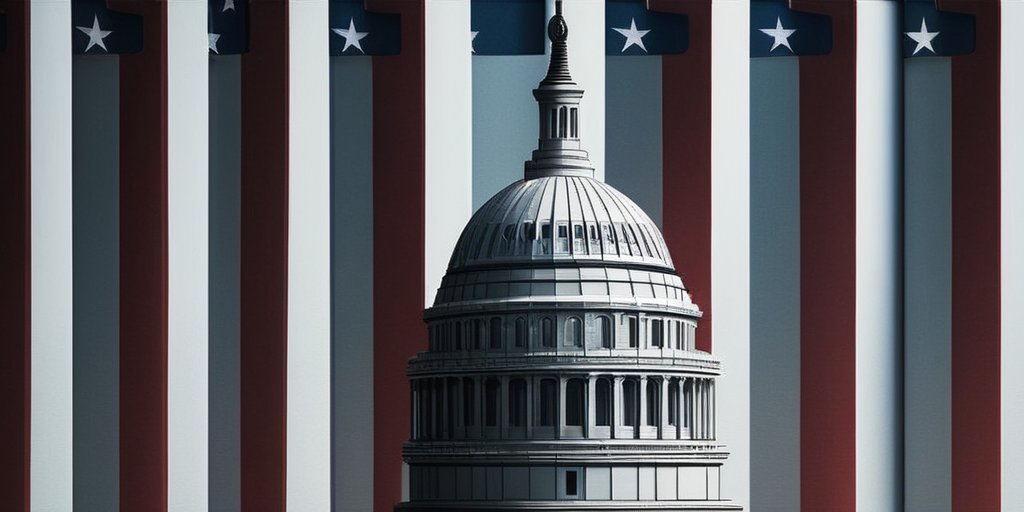In a surprising turn of events, President Donald Trump has called for the expedited release of federally sealed files related to civil rights leader Martin Luther King, Jr. Appearing at the White House, Trump asserted that the public has a right to know the truth surrounding King’s assassination, linking this discussion to ongoing concerns about transparency in government affairs. The files, which have been sealed since 1977, are expected to contain sensitive information, including tapes and transcripts of FBI surveillance that delve into King’s personal life. This revelation surfaces amid a heated debate about transparency in governmental processes, particularly concerning figures like King who played a pivotal role in American history.
### Background and Controversy
The demand for these files comes at a time when Trump’s administration is simultaneously moving to dismantle federal diversity initiatives—concepts King staunchly advocated during the civil rights movement. King’s family has voiced strong opposition to the early release of these documents. They argue that publishing potentially damaging information could undermine King’s legacy, stating fears that the released material may be used to tarnish the image of a hero whose monumental contributions to civil rights are revered across the nation.
### The FBI’s Role in King’s Surveillance
Historically speaking, the FBI began surveillance on King during the early 1960s, under the orders of then-FBI Director J. Edgar Hoover, who harbored fears regarding King’s associations with Communist members. The surveillance revealed information about King’s private life, including extramarital affairs, which the FBI reportedly leaked to the media to discredit him. This smear campaign against King not only aimed to erode his credibility but also had considerable implications for the civil rights movement.
### Trump’s Motivation for Transparency
Trump’s call for the early release of these files raises significant questions. Is the President genuinely advocating for transparency, or is there a more strategic agenda at play? By advocating for the release of potentially damaging tapes, Trump may be driven by a desire to undermine the legacy of figures like King, particularly as his administration has faced accusations of promoting divisive policies.
### Public Response and Historical Context
The anticipated release of these documents could result in polarized reactions from the public. While there is an argument for transparency concerning the FBI’s methods and motives in handling prominent figures, there remains a strong ethical debate surrounding the right to privacy, especially for someone whose contributions shaped the very fabric of civil rights in America. As we look to the past, we must ask: how will we define our heroes? Can we separate their flawed human experiences from their monumental achievements?
### What Lies Ahead
As discussions continue about the federal government’s surveillance of American citizens and the implications for today’s political landscape, the release of these documents could shed new light on the lengths to which the FBI went to monitor dissenting voices during the civil rights era. This unfolding situation is not merely a historical inquiry but an ongoing dialogue about the interplay between privacy, morality, and the narratives crafted around our national icons.
